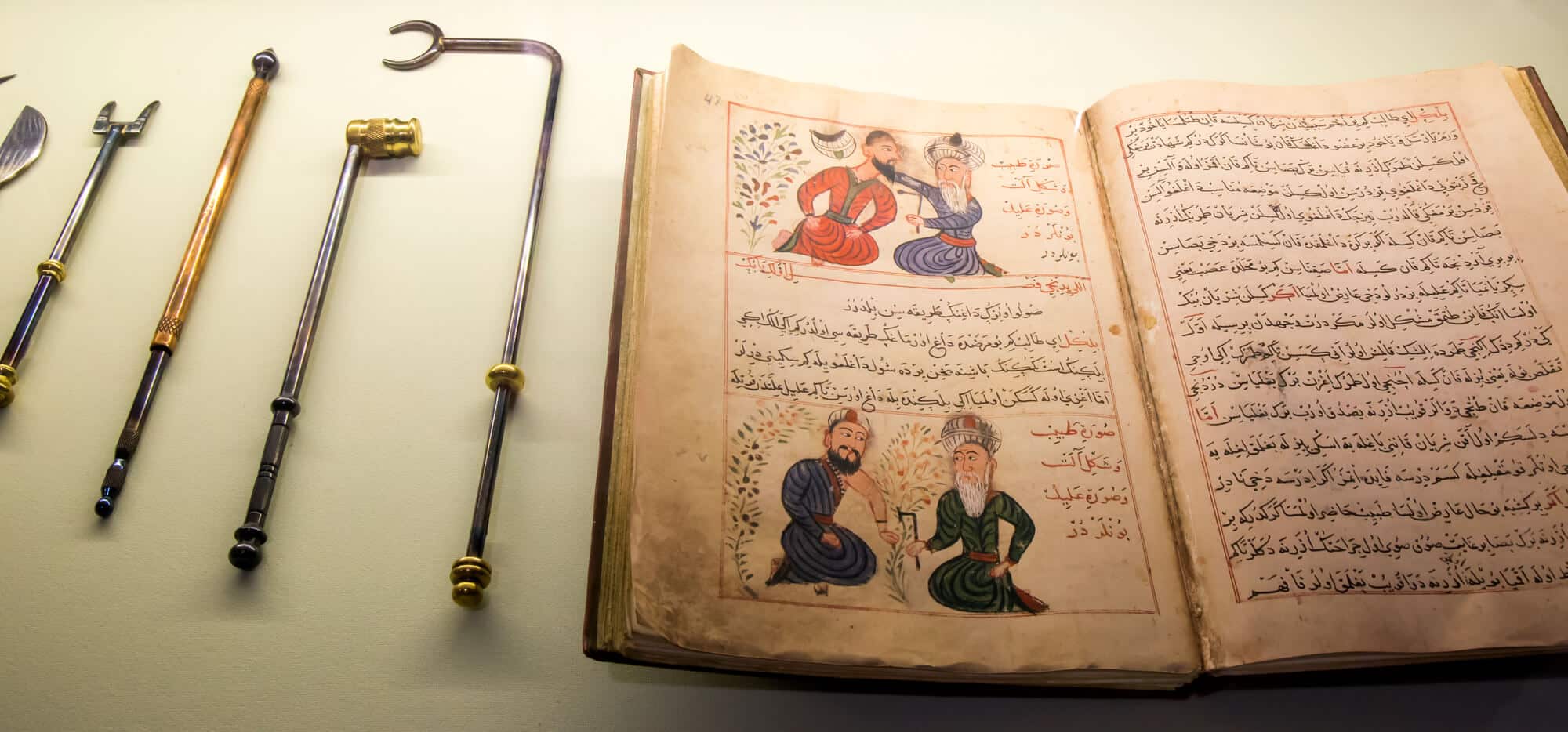A new study examines the social role of diseases in the 17th century, through a discussion held before the head of the Jewish court in Egypt, dealing with the appeal of a Jewish gentleman who suffered from life-threatening melancholy due to the accumulation of sperm due to his wife's physical distance
Around the middle of the 17th century, a rich Jewish gentleman from Istanbul arrived in Egypt and after a few days, he was attacked by a disease that endangered his life. His good financial situation allowed him to hire the best doctors in Egypt, including a Christian doctor, who believed that the gentleman was suffering from melancholy caused by the accumulation of sperm and claimed that the only solution to the situation was to have sex immediately. The case brought to the attention of Rabbi Mordechai Halevi, the father of the Jewish court in Egypt, was included in his book of questions and answers, "The Ways of Noam", which was published after his death in 1697. Since the wife of that gentleman lived in Istanbul, Halevi was required to discuss the ethical dilemma concerning the implementation of the medical solution the proposed
The legal case is the basis for an article by Dr. Tali Buskila from the Department of History, which was published in the journal Gender & History and examines, among other things, the reference to melancholia and hysteria in the medical literature of the period. The article traces the prevalence of melancholia, as well as the disease of "womb strangulation" known in the West as "hysteria". The research describes the social roles of the diseases, and the role the patients had as "historical agents", and even demonstrates the importance of understanding the concept of the physical body for social history.
According to Dr. Buskila, the comparison between melancholia and hysteria, which are mentioned in Rabbi Mordechai Halevi's long discussion, makes it possible to trace the social roles of men and women in the pre-modern Middle East. The interpretation presented in the article for the man's choices shows an important social role of the diseases: the possibility of using them as an opportunity to be freed from accepted obligations and norms. A kind of "tactic" that allows the breaking of the social boundaries, while recognizing them at the same time.
It seems that the mentioned "medical meeting" can be seen as an intersection where complementary interests and interests met. Melancholy was a disease that served the purposes of the participants: the Christian doctor proved his skill and professional knowledge that contrasts with the lack of knowledge of the other healers. The rabbi, through the man's "fear of sin" and ignoring other solutions such as masturbation, established a halachic discourse and strengthened the validity of Kabbalistic norms. And the man, through distinct symptoms, maneuvered between medical, halachic and social discourses, so that he could break the marriage oath he swore to his wife. In this way, melancholy served him as a "tactic" that allows liberation from social norms, without violating their validity.
More of the topic in Hayadan:

